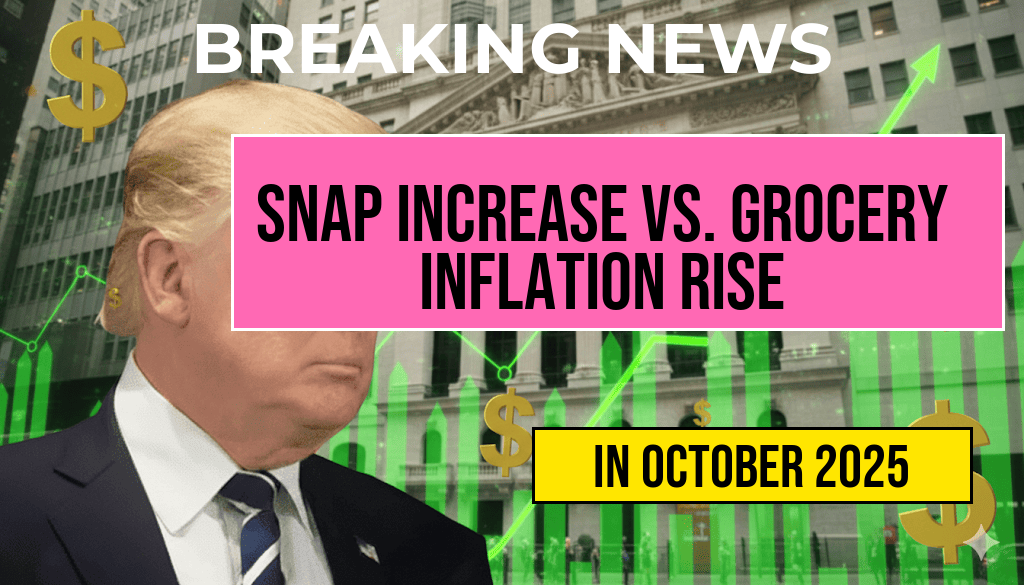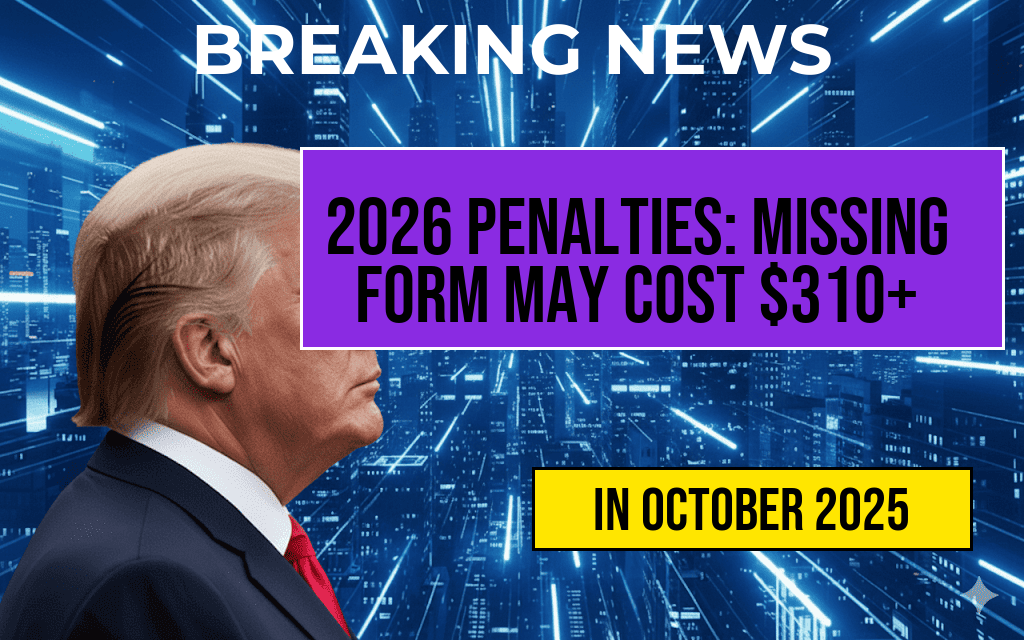As the government shutdown drags on, thousands of workers are facing the grim reality of receiving $0 paychecks. This crisis, coupled with rising layoffs across various sectors, has left many individuals scrambling to find immediate financial relief. With bills piling up and uncertainty looming, understanding available emergency cash options is essential for those affected. Financial experts emphasize the importance of exploring various resources, including government assistance programs, community support, and alternative funding methods. In this article, we delve into the options that could provide a lifeline for workers in distress.
Understanding the Impact of the Government Shutdown
The current government shutdown has led to significant disruptions in federal services, affecting numerous employees who rely on timely paychecks. The ongoing situation has resulted in a ripple effect across the economy, with many businesses also feeling the strain. While some sectors are more resilient, the fallout from layoffs has intensified the financial pressure on households.
The Growing Number of Layoffs
In addition to the shutdown, layoffs have surged in various industries, including technology and retail. Companies are implementing cost-cutting measures to cope with declining revenues, further compounding the financial challenges faced by workers. This dual crisis has left many individuals unsure of where to turn for help.
Emergency Cash Options Available
For those grappling with the immediate aftermath of lost wages, several emergency cash options can provide temporary relief. Here’s a closer look at some of the most viable alternatives:
- Government Assistance Programs: Numerous federal and state programs offer financial aid to individuals facing unemployment or reduced income. Programs like Unemployment Insurance can provide temporary benefits to those who qualify.
- Community Support Services: Local charities and nonprofit organizations often have resources available to assist individuals in crisis. Food banks, housing assistance, and financial counseling can be invaluable during tough times.
- Short-Term Loans: While not ideal due to high-interest rates, short-term loans from reputable lenders can offer quick cash to meet urgent expenses. Borrowers should be cautious and fully understand the repayment terms.
- Credit Card Advances: For those with available credit, cash advances can serve as a stopgap measure. However, this option can incur significant fees and high-interest rates, making it crucial to have a repayment plan.
- Peer-to-Peer Lending: Platforms such as LendingClub and Prosper connect borrowers with individual investors willing to fund loans. This can be a viable option for those with good credit looking for lower interest rates.
Navigating Financial Resources
Utilizing financial resources effectively requires careful planning and awareness. Individuals should assess their financial situation, determine their immediate needs, and explore options that align with their circumstances.
Government Programs to Consider
Some key government programs that can provide assistance include:
| Program | Description | Eligibility |
|---|---|---|
| Unemployment Insurance | Financial support for unemployed individuals actively seeking work. | Varies by state; generally requires prior employment and job search. |
| Supplemental Nutrition Assistance Program (SNAP) | Provides food assistance for eligible low-income individuals and families. | Income limits apply; varies by household size. |
| Temporary Assistance for Needy Families (TANF) | Cash assistance for low-income families with children. | Income and work requirements vary by state. |
Seeking Additional Support
Amidst a challenging economic landscape, it’s essential for workers to seek help proactively. Reaching out to local organizations, government agencies, and financial advisors can uncover resources that may not be widely advertised. Many communities have established funds specifically to help those affected by the current crisis.
For individuals looking for support, websites such as USA.gov provide a comprehensive overview of available benefits and assistance programs. Similarly, Forbes offers insights into building emergency funds and managing finances during difficult times.
As the government shutdown continues and layoffs rise, understanding and navigating available resources can make a significant difference. For those facing $0 paychecks, taking proactive steps to explore emergency cash options is crucial for weathering this financial storm.
Frequently Asked Questions
What are the main reasons behind the $0 paychecks during the shutdown?
The $0 paychecks are primarily due to the ongoing government shutdown and significant layoffs in various sectors, which have left thousands of workers without income.
What emergency cash options are available for those affected?
Individuals facing $0 paychecks can explore several emergency cash options, such as applying for unemployment benefits, seeking local charity assistance, or utilizing short-term loans.
How can I apply for unemployment benefits during the shutdown?
You can apply for unemployment benefits through your state’s labor department website. Ensure you have all necessary documentation, including proof of employment and the reason for job loss.
Are there any local charities or organizations that can help during this time?
Yes, many local charities and organizations offer assistance to those affected by the shutdown. Look for food banks, housing assistance programs, and emergency cash aid services in your community.
What should I consider before taking a short-term loan?
Before taking a short-term loan, consider the interest rates, repayment terms, and whether you can afford the payments. It’s essential to explore all other options before committing to borrowing.







